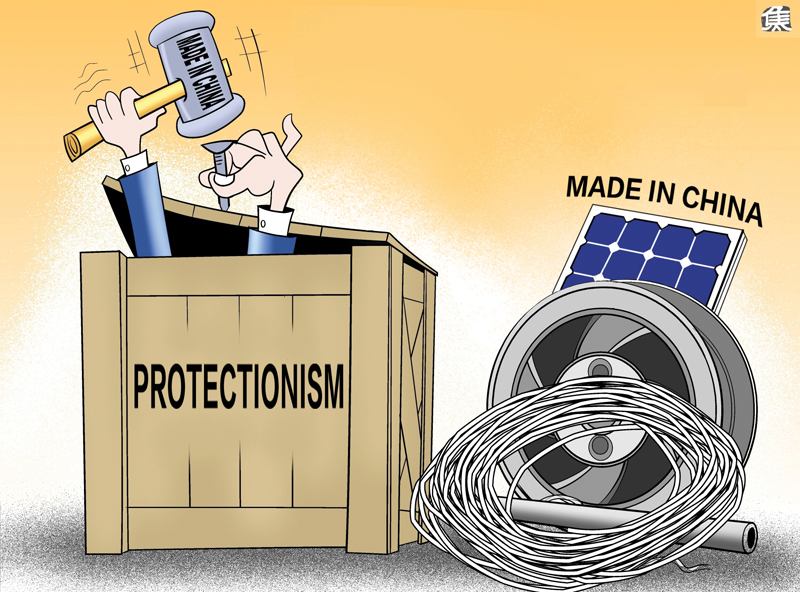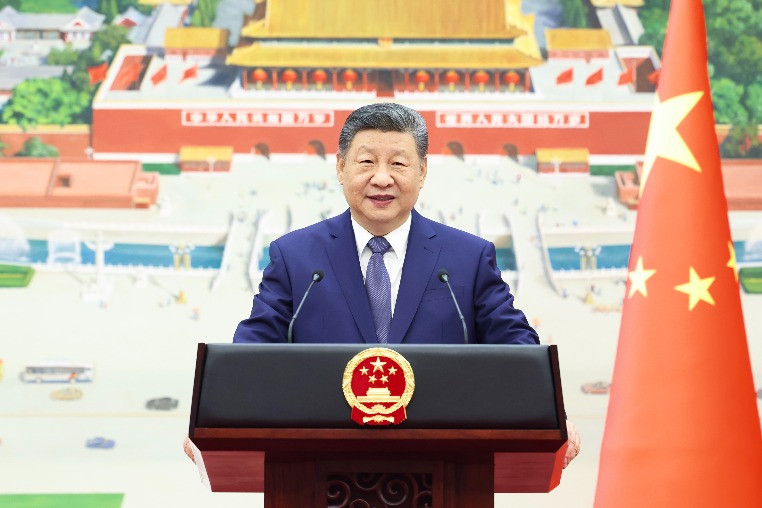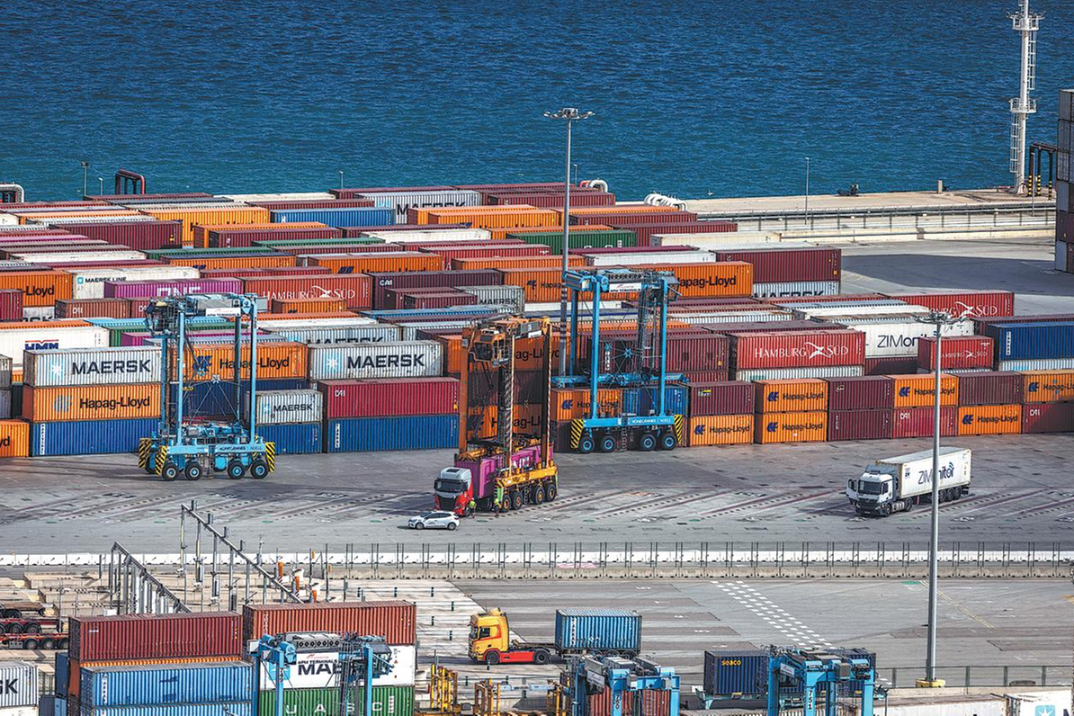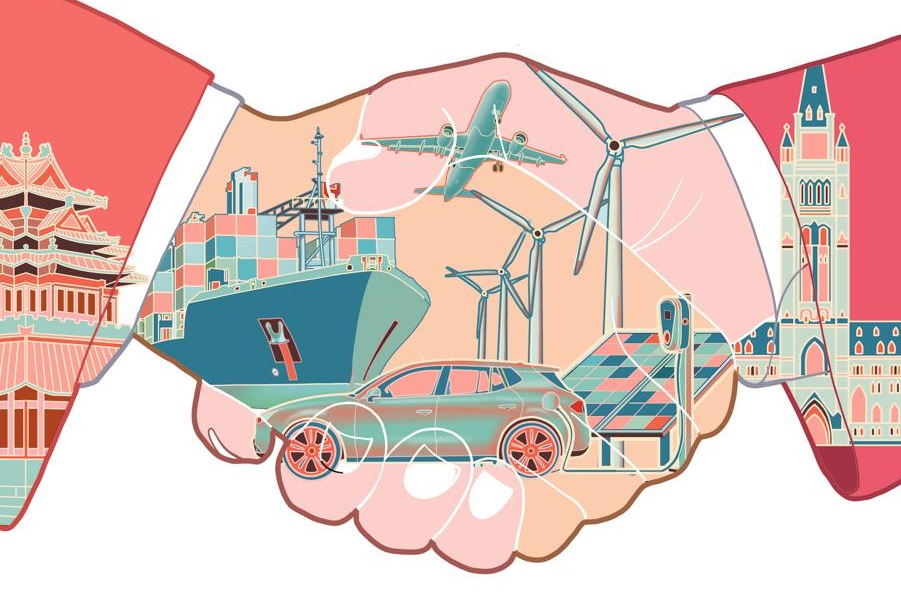US should see the huge potential ahead instead of condemning China


In November, the United States administration refused to recognize China's market economy status, going back on the promise it had made when China joined the World Trade Organization in 2001. And last week's US statement suggested it regrets supporting China's entry into the WTO.
The moves didn't come as a surprise to policy observers familiar with the US National Security Strategy report released a month ago, which said the US needs to rethink its policies of the past two decades. The report also said competitions require the US to rethink "policies based on the assumption that engagement with rivals and their inclusion in international institutions and global commerce would turn them into benign actors and trustworthy partners. For the most part, this premise turned out to be false."
It's not difficult to assume from the US logic that the two largest economies are likely heading toward heightened friction. But is this rationale really rational?
In an article, "Was pre-Trump US policy towards China based on 'false' premises?", published three days after the security strategy report was issued, Jeffrey A. Bader and Ryan Hass, senior fellows at the Brookings Institutions in Washington, said China's WTO membership helped it to become the world's second-largest importing country. Commenting on the strategy report's claim that the premise of US policy-that China's inclusion in institutions and global commerce would make it benign and trustworthy-has been mostly false, the two scholars said: "This description is a mixture of truisms, appropriate exhortations, dubious analysis, and bad history."
"Logically, that would seem to suggest that China should be expelled from international institutions and its role in global commerce should be marginalized," they said. "Is that the (Donald) Trump administration's goal? Needless to say, neither objective will be achieved, in whole or in part."
The accomplishments of such engagement, they said, contradict the strategy's assessment. For one thing, one should not overlook the fact that China's economy "has expanded profits for leading US companies… and its government helped prevent a worldwide depression in 2008-09 through its large stimulus package, which was developed in cooperation with (US) Treasury Secretaries (Henry) Paulson and (Timothy) Geithner," they said.
During a dinner organized by the China General Chamber of Commerce in New York on Jan 17, Tung Chee-hwa, honorary chair of the chamber, said he was disheartened to learn that "some Americans feel betrayed". Tung, also head of the China-United States Exchange Foundation, said: "They feel that, after four decades of generally positive and supportive relations between the two countries, including US support for China to enter the WTO, China has not become like America, as they expected." But China never said it would adopt a US-style political system, Tung said.
Tung, a former chief executive of the Hong Kong Special Administrative Region, fell short of saying China is a "benign actor" on the world stage, but stated the country is a "responsible global actor".
"No country has done more domestically in recent years to take measures to mitigate the effects of climate change. No country has contributed more troops to UN peacekeeping efforts in recent years. Also, China's economic activity has contributed between 30-50 percent of global economic growth in the last few years," he said.
Also speaking at the New York event, Cui Tiankai, China's top envoy to the US, said: "It's hard to convince the international community that the largest and most advanced economy in the world has been the main victim of economic globalization… Nothing is sillier than questioning one's own success. Nothing is more harmful than denying the huge potential and great prospects of building a strong and mutually beneficial relationship between China and the US."
Any fool can criticize, condemn and complain, and most fools do, wrote Dale Carnegie in his 1936 best-seller How to Win Friends and Influence People. Wise people always refrain from indulging in a blame game and, instead, see the huge potential and great prospects ahead.
The author is deputy editor-in-chief of China Daily USA.
huanxinzhao@chinadailyusa.com


































